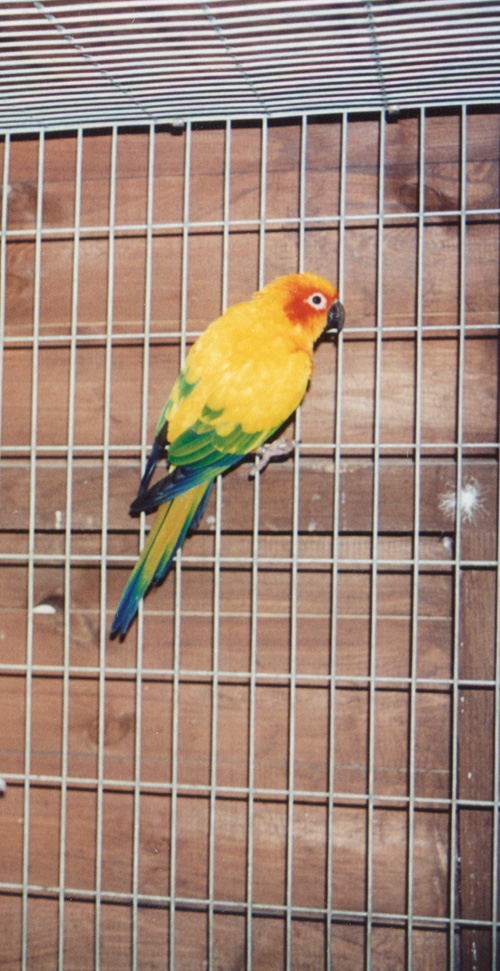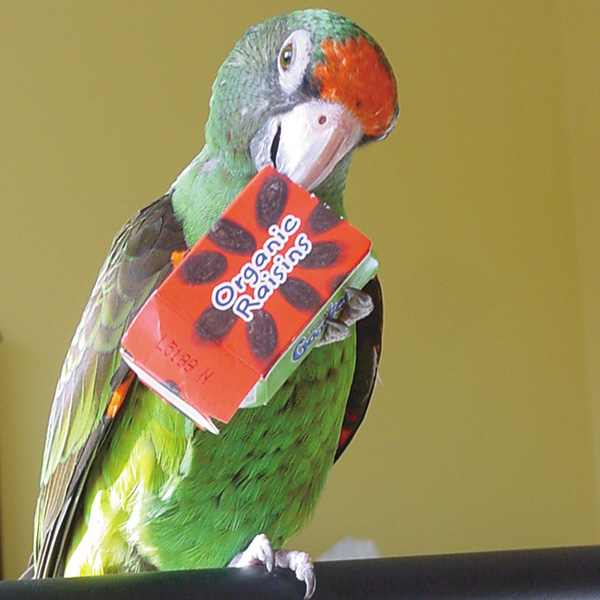- In Parrots Blog
Could your parrot be bored?
 By John Catchpole
By John Catchpole
It is very easy to ignore the requirements of our captive animals with particular interest in what occupies their minds. In the wild, creatures can choose what they eat, where they go and how they live. In captivity, they cannot do this but have to rely on us humans for all their needs.
There are cases when psychological problems are identified as an underlying problem with behaviour, which opens up a whole raft of questions. Can such issues be attributed to deep underlying issues or could it be that, simply, boredom is a cause?
Parrots are inquisitive creatures and often need to be stimulated and toys can play an important role. With just one, or even a number of birds in cages or aviaries, stimulation can often be missing. So why not try toys as a stimulus.
There are many different types readily available using a wide range of materials from basic wood through natural ropes to hard plastic. Also, treats can often be ‘hidden’ in a ‘foraging’ toy, stimulating even more response, which can be purchased from a number of advertisers in Parrots magazine. So why not try some?


 By John Catchpole
By John Catchpole